$25.00 Original price was: $25.00.$12.00Current price is: $12.00.
Digital Download: You will receive a download link via your order email
Save up to 85% compared to Salepage prices. In addition, earn additional points. Save more on your next order.
Please contact email: [email protected] if you have any questions about this course.
 Purchase this course you will earn 12 Points worth of $1.20
Purchase this course you will earn 12 Points worth of $1.20 Milton Erickson – Milton Model Misc Notes
Milton Erickson – Milton Model Misc Notes
Notes of various authors to the works of Milton Ericson, and Milton Model. The Milton Model is a model for indirect interpersonal communications inspired by psychiatrist and pioneer of medical hypnosis, Milton H. Erickson. The model was created by linguist John Grinder and Richard Bandler, the co-founders of neuro-linguistic programming (NLP). It is described by the authors as the reverse set of the meta model. Whereas the meta model sought to specify distortion, deletions and generalization in a speaker’s language, the Milton model intentionally utilizes those patterns. It is general, ambiguous and metaphoric. The Milton model and meta model of NLP were the first two models of NLP.
About Author:
Milton H. Erickson, MD (1901 – 1980) was a psychiatrist and psychologist regarded by many as the foremost practitioner of medical hypnosis in his time. He wrote “Hypnotic Realities” and many other books dedicated to the “Art of Hypnosis” and which document the many things he learned while treating the many patients he encountered.
Milton Erickson is considered the father of modern hypnotherapy. The therapy he engendered, Ericksonian hypnotherapy, is one of the fastest growing and influential branches of hypnotherapy today. His methods have inspired short term strategic therapy, the rebirth of guided imagery, and NLP (Neuro-Linguistic Programming) to name a few. Even John Bradshaw, in both of his acclaimed series on PBS, frequently quotes Erickson and calls him “the greatest therapist who ever lived.”
Milton Erickson was a scientist and deeply gifted hypnotist. Erickson knew how to hypnotize people and could do so in an instant. Milton Erickson was internationally acclaimed, in his lifetime, as one of the world’s leading medical hypnotherapists.
Erickson was educated in the psychoanalytic tradition but he did not accept the premise of incompatibility of basic human urges and civilized living standards. During World War II, he worked for the Selective Service and examined literally thousands of young draftees. From this experience, he expanded his understanding of human nature and gained a larger appreciation for the vastness of the normal human life. He also began his understanding that a very brief encounter could have significant information contained and exchanged. The seeds of brief and strategic therapy were sown.
Even though he had a great faith in the basic goodness and normalcy of most people and used that as a part of his therapy, Erickson recognized mental illness and pathologies. Cutting his professional teeth before the advent of psychotropic drugs, and having done part of his internship in a prison hospital, Erickson knew the depths mental illnesses could create.
The name Erickson has become almost synonymous with “indirect metaphors and storytelling.”He often believed that approaching a problem indirectly was most effective because it allowed patients independence and dignity, and bypassed resistance because it did not require direct information from the therapist. He did not hesitate, however, in being extremely direct and forceful. He also did not hesitate to make clear he had strong morals and that the right way for people to behave is with consideration, kindness and respect toward themselves and others. He valued the discipline that came from hard work and believed that almost every experience contained a seed of valuable learning.
Erickson kept office in his home throughout his professional life. His widow, Elizabeth, still lives in Phoenix. They had eight children; the youngest five were living at home during those years. Without exception, they each remember patients fondly as an important part of their growing up.
Milton Erickson achieved an almost legendary reputation for the success he had with even the most “impossible” clients. He was founding president of the American Society for Clinical Hypnosis, as well as a fellow of several APAs: The American Psychiatric Association, The American Psychological Association, and The American Psychopathological Association.
He was noted for his often unconventional approach to psychotherapy, such as described in the book Uncommon Therapy by Jay Haley; for his extensive use of therapeutic metaphor and story as well as hypnosis; and for coining the term Brief Therapy for his approach of addressing therapeutic changes in relatively few sessions, often only a single session.
What sets Ericksonian Hypnosis apart from other, more traditional forms of hypnosis? Perhaps the best way to gain insight into this question is to follow Erickson’s lead and use stories, starting with Erickson’s own dramatic life story. A story of courage and determination and one that, to me, is a confirmation of the belief that there are no coincidences. Everything happens for a reason, and has benefit.
Erickson was born in a pioneering and rural farming country in 1902. The schooling he and many of his brothers and sisters received was basic, and thus it is not surprising that nobody noticed that young Milton was experiencing the world in a rather unique manner: he was color blind, tone deaf, and slightly dyslexic. These perceptual abnormalities may have led Erickson to a roadless traveled”, but it wasn’t until his teenage years that his life would take a truly pivotal turn – a turn that would effect his destiny and the evolution of hypnotherapy as we know it.
And what could you expect if you decided to go to an Ericksonian hypnotherapist today? Hard to specify. In much the same way that Erickson treated every patient on a very individual basis, there are as many approaches to the continuation of his work as there are followers of it. There is a joke that kind of sums it up: “How many Ericksonian hypnotherapists does it take to change a light bulb?” Answer: “Seventeen. One to change the bulb and sixteen to argue how Milton would have done it.”
Delivery Method
Be the first to review “Milton Erickson – Milton Model Misc Notes” Cancel reply
Related products
Hypnosis and NLP
= 13 Points
= 12 Points
Hypnosis and NLP
= 23 Points
Hypnosis and NLP
= 133 Points
= 24 Points
Hypnosis and NLP
Disordered Eating Behaviors: Identify and Treat the Underlying Trauma – Lori Kucharski”
= 85 Points
Hypnosis and NLP
= 83 Points

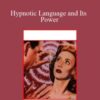

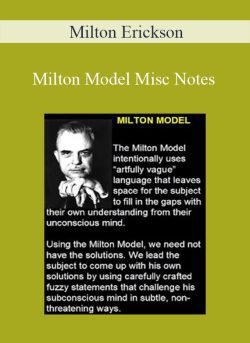
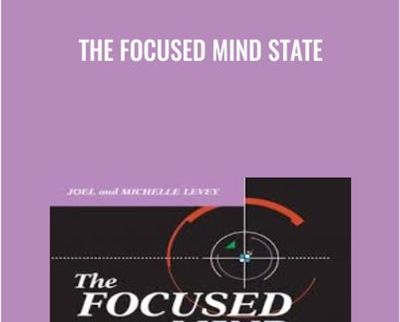
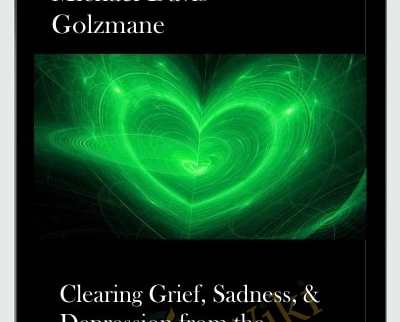
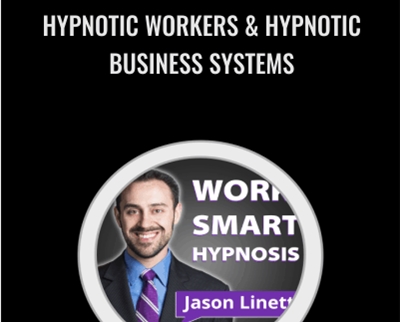




Reviews
There are no reviews yet.